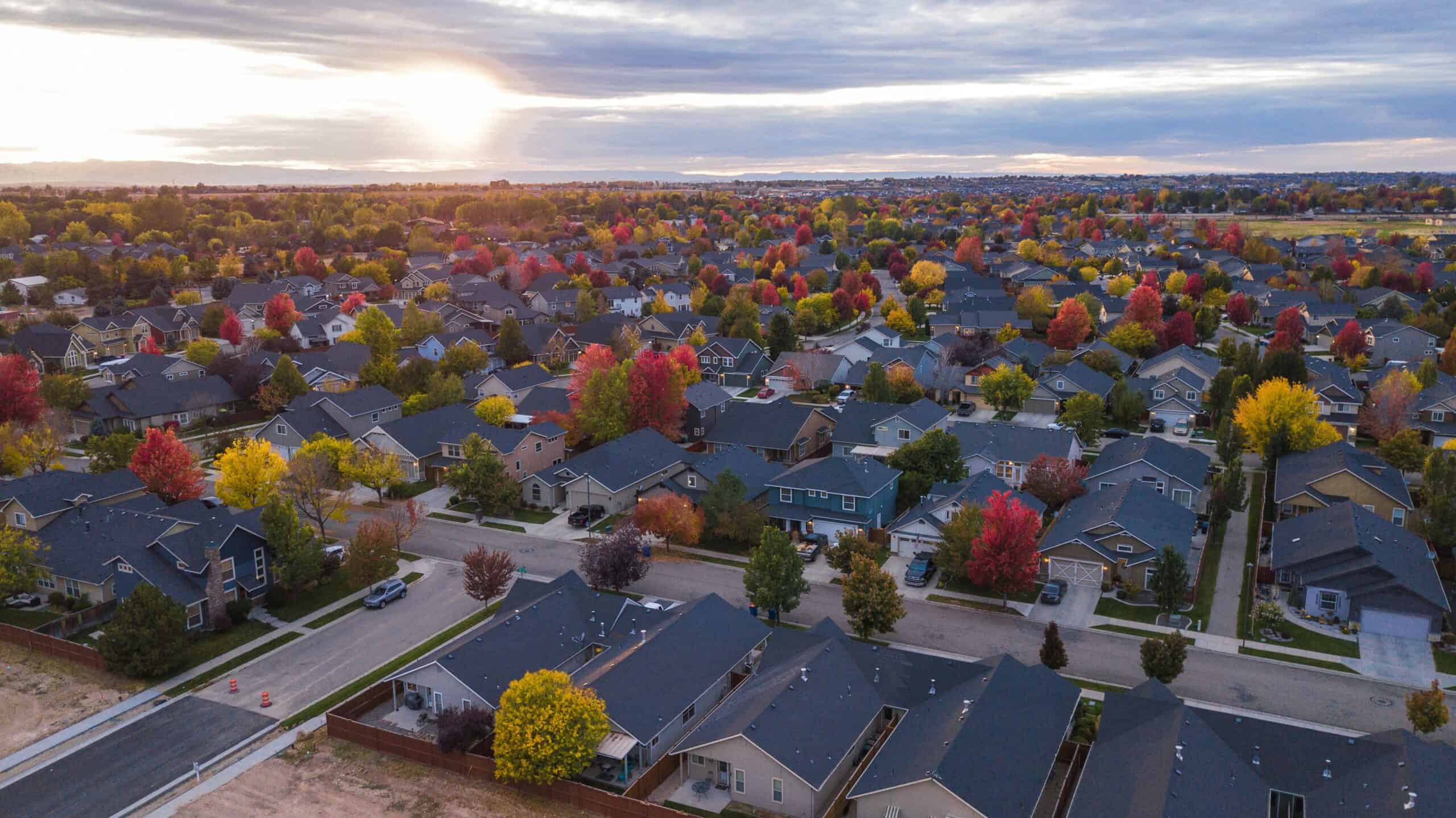The impact of home ownership on stability is critical.
When an individual or household is able to own their home, their outlook for long-term stability improves – and when neighborhoods are stable, they thrive. Stable residents are more likely to engage in neighborhood issues around education, politics, the welfare of their neighbors and more. But in order for the rate of home ownership in Greater Chattanooga to increase, access to affordable housing needs to improve. That’s where neighborhood leader and advocate Ken Smith comes in.
Ken has been working to inform Greater Chattanoogans about the importance of home ownership for some time. Through his involvement with the Avondale Neighborhood Association, Ken works to both educate individuals about the process of buying a home and empower them to take the necessary steps to do so. When it comes to affordable housing, Ken advocates for community change and increased access for all.
We sat down with Ken to learn more about his work and the importance of home ownership for both individuals and our community at large.
Can you tell us about your work with affordable housing and home ownership?
I have spent a lot of time working to get people to understand the home buying process. If people understood how to buy a house, they would be motivated to apply for a loan in order to do so. With that premise in mind, I have focused on defining what affordability looks like and how I can apply it to various real-life circumstances. I have become a certified housing counselor in order to assist people working through difficult shelter situations on the way to better long-term housing choices. The latest project I have been involved with includes hosting workshops to help community members qualify for a home loan. My hands-on, walkthrough process lets the attendee see first-hand how to apply for a mortgage and learn what to expect when they are ready to purchase.
What are some of the common barriers to home ownership that individuals face in Greater Chattanooga?
Chattanooga is seeing rapid growth in its population, and along with that comes greater demand for homes. Currently, home prices are increasing, meaning affordability will decrease as a result of the demand. There are too few homes for the growing number of buyers. Additionally, federal indicators show that marginalized communities are not even applying for home loans due the self- fulfilling idea that they won’t qualify.
How does the ability to access affordable housing affect the daily lives of our neighbors?
Every community has a stake in affordability. From a social standpoint, diversity in neighborhoods adds value to quality of life for everyone who lives there. Building relationships and understanding perspectives from diverse individuals is enlightening for the entire community. Additionally, an essential element of our housing finance system is liquidity. Newly formed households need to be able to qualify for homes, and in turn, sellers need to be able to advance as their families grow.
How does home ownership impact long-term stability for local households and families?
Stability is key for community growth. Individuals with a vested interest in a neighborhood are more inclined to participate in local issues pertaining to education, politics and the general welfare of all families.
When it comes to affordable housing and home ownership in our community, what are the biggest needs?
Several factors need to be in place in order for a community to be able to meet the demand for access to affordable housing. These include strategic planning, building cost and homeownership counseling. Including a long-term plan for integrating affordable housing in a city’s growth policy goes a long way in terms of leveraging both public and private dollars. Secondly, structure cost continues to be a major factor in the affordability equation. Expanding on efficient methods for building and consideration of alternative building materials can help handle rising construction costs. Finally, there should be a focused effort to educate the housing industry on best practices to achieve affordability. More programs should encourage builders to meet market demand by using public/private partnerships to finance housing. This kind of counseling should be utilized to increase the knowledge level of communities about the resources that are available to them.
What can I do to help improve access to affordable housing for my neighbors?
Get involved with your neighborhood association. Most plans for the development of affordable housing start at the neighborhood level. Your input during the planning stage can help shape development proposals. Consider these factors – does your neighborhood need bigger or smaller structures? Are the structures too close to each other, or is there a better opportunity to utilize space? Your opinion matters, so make sure to stay informed about what’s happening in your community.
Community Leaders like Ken are essential.
At United Way of Greater Chattanooga, our goal is to connect change-makers with the resources they need to make an impact. Ken is one of those change-makers, working to ensure his neighbors have equal opportunity to reach their full, human potential through access to stable housing. If you’re reading this, YOU have the power to make a change. Whether you give your money, time or simply spread the word, we need more leaders like Ken to help build a more connected community. Share this post with someone else who is looking to make an impact, and remember that a connected community has the power to change everything.
